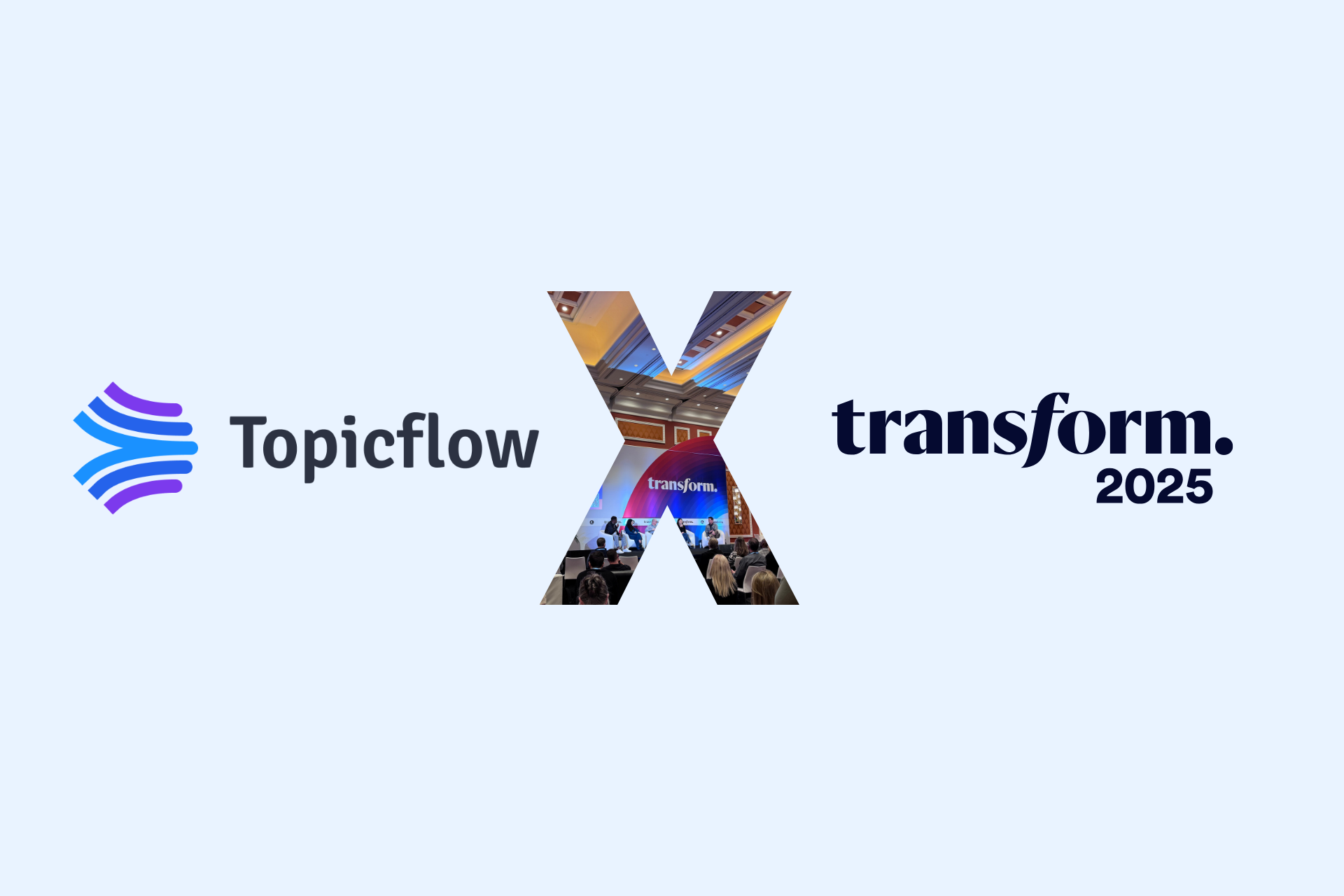Rethinking Goals: The Key to Driving Performance Management
In today’s fast-paced business landscape, the way we approach goals is crucial to the effectiveness of our performance management systems. Traditional goal-setting methods often fall short, leading to misalignment and stagnation. To enhance performance, organizations must rethink their goals and how they integrate these into performance management.
The Importance of a Clear and Flexible Framework
Without a clear framework that connects people to purpose and defines what success looks like, teams lose alignment, and performance suffers. Many organizations miss a critical opportunity to enhance alignment and drive better results by failing to fully integrate OKRs into performance management. Research from McKinsey indicates that organizations with a clear goal-setting framework are 70% more likely to achieve their performance objectives.
Goals to Purpose with the Science of Goal Setting
Effective performance management relies on understanding the science of goal setting. Beyond setting SMART (specific, measurable, achievable, relevant, and time-bound) goals, organizations should connect teams to a larger purpose. By using aspirational statements, qualified by quantitative success measures, teams can understand the bigger “why” behind their goals. This approach fosters clarity, aligns individual efforts with organizational objectives, and builds a culture of accountability and motivation.
Research backs this approach. A CIPD assessment of over 70 studies reveals that while annual reviews set expectations, they rarely drive ongoing improvement. Instead, regular, real-time feedback proves far more effective in keeping teams aligned and adaptable—critical for achieving meaningful results in today’s fast-paced environment.
Transparency and Real-Time Progress
An agile performance management ecosystem emphasizes transparency. By demonstrating regular, real-time progress through tools and processes that allow for visibility and nudge updates, organizations can keep employees engaged and motivated. When teams can see their progress, they are more likely to stay committed to their goals.
Real-Time Feedback and Coaching
Supporting goal attainment requires an ecosystem where real-time feedback and coaching are integral. Organizations that prioritize continuous feedback improve employee engagement and enhance performance outcomes. A recent study by Harvard Business Review revealed that teams that engaged in regular feedback sessions experienced a 25% improvement in overall performance.
Conclusion
Rethinking goals is not just about setting them; it’s about integrating them into a performance management system that values alignment, transparency, and continuous improvement. By adopting a holistic approach that combines strong goal-setting frameworks with real-time feedback, organizations can unlock their teams’ full potential and drive performance like never before.
Performance Management That Actually Drives Results
Want to learn more about how to empower your team and transform your performance management approach? See how Topicflow’s seamless integration of goal-setting and real-time feedback can help you create meaningful conversations that drive growth. Explore our solutions or join an upcoming webinar to see the difference for yourself!


